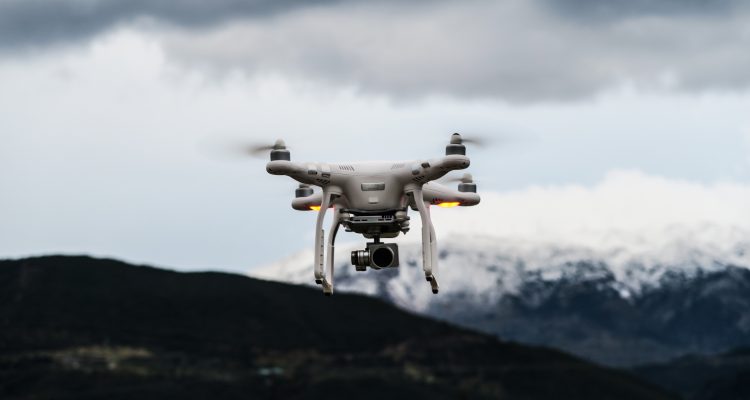
A new study has revealed that making deliveries with drones is better for the environment than using trucks.
The research by University of Washington (UW) transportation engineers shows that when drones are deployed during the ‘last mile’ stage – delivering small packages – they perform better than trucks on emissions. That advantage is lost when they carry larger items, as more energy is needed.
“Flight is so much more energy-intensive, getting yourself airborne takes a huge amount of effort. So I initially thought there was no way drones could compete with trucks on carbon dioxide emissions,” said senior author Anne Goodchild, a UW associate professor of civil and environmental engineering. “In the end, I was amazed at how energy-efficient drones are in some contexts. Trucks compete better on heavier loads, but for really light packages, drones are awesome.”
Goodchild said drones could be particularly useful in rural areas, adding: “Given what we found, probably the most realistic scenario is for drones doing the last leg of the delivery. You’re probably not going to see these in downtown Seattle anytime soon. But maybe in a rural community with roads that are slow and hard for trucks to navigate and no air space or noise concerns.”
And using drones could be a money saver. UPS, for example, carried out a study earlier this year that indicated it could potentially save millions of dollars by using drones to make deliveries in rural areas.